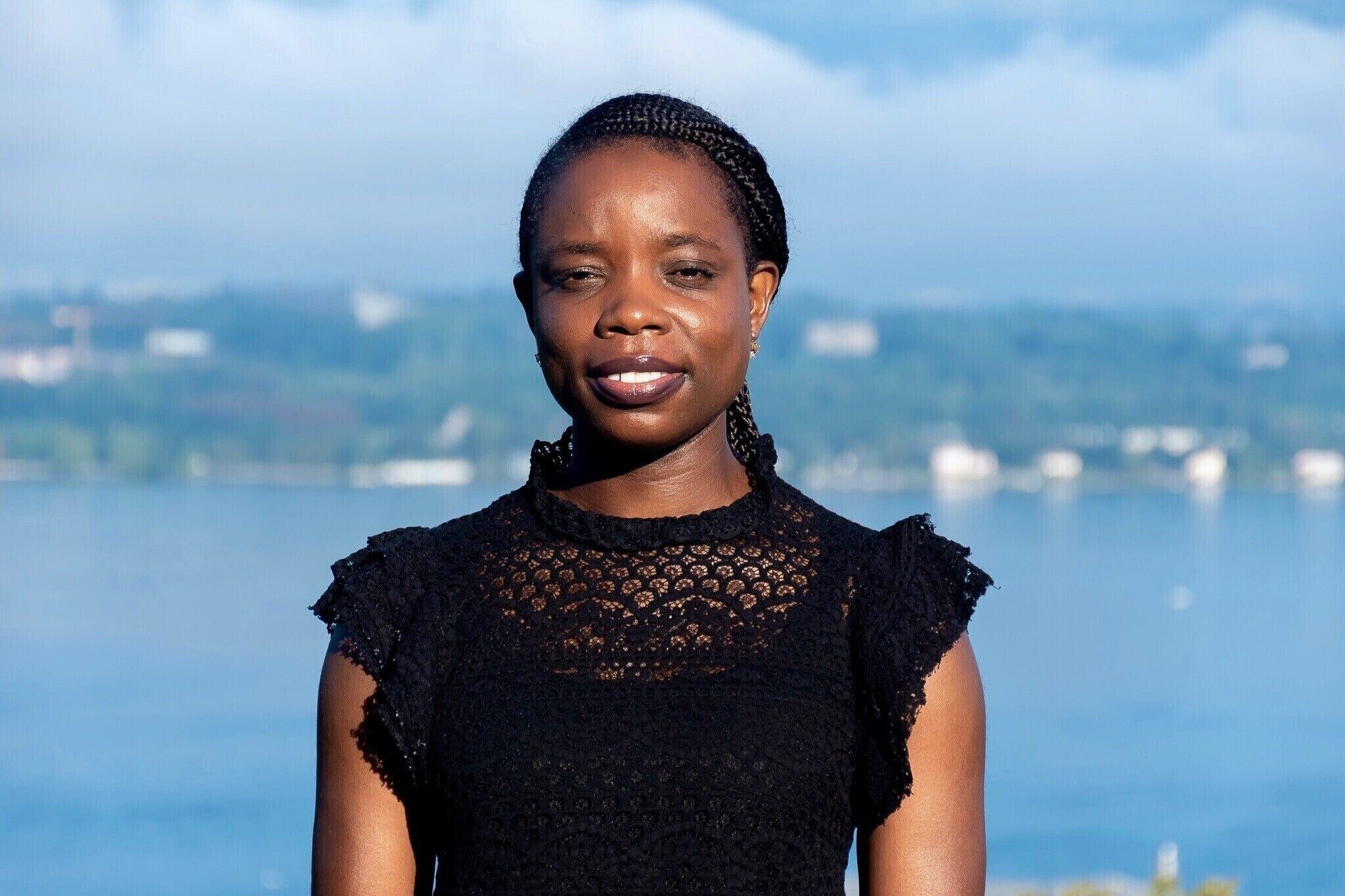Sofiat Akinola is a Director of Health Policy and External Affairs at Roche Diagnostics working on analyzing policy landscape and engaging global stakeholders to transform the way diseases can be prevented, diagnosed and monitored to keep populations healthy and health systems transformation.
Prior to joining Roche Diagnostics, Sofiat was a Global Health Lead at the World Economic Forum where her portfolio focused on Value-Based Healthcare, Universal Health Coverage and Healthy Ageing and Longevity. Sofiat led the portfolio on Health Ageing and Longevity with the World Economic Forum Global Future Council on Healthy Ageing and Longevity, a dynamic platform for leading businesses, governments, civil society organizations and world class experts to shape the global healthy ageing and longevity agenda, generate and disseminate new contents and insights and engage multiple actors to co-create solutions to boost the impact of healthy life expectancy.
Sofiat worked in the NGO and Government sectors where she built monitoring and evaluation skills to support strategies ranging from Fetal Alcohol Spectrum Disorder Initiative to Ending Homeless in Alberta, Canada. Sofiat has two Masters, one from University of Oxford on Evidence-Based Social Intervention and Policy Evaluation with a focus on Impact Evaluation and from Tulane University School of Public Health and Tropical Medicine, where she received an MSc. and MPH. Sofiat also received her Bachelor’s degree from McGill University in Sociology focusing on Gender, Health and International Development.















